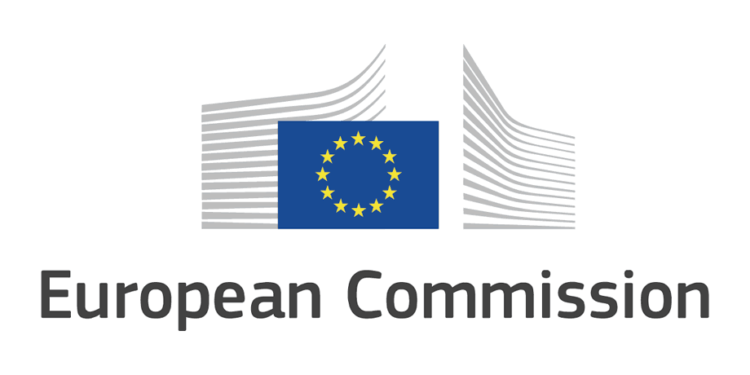The European Commission has taken a significant stride towards enhancing sustainability reporting practices across the European Union by adopting the European Sustainability Reporting Standards (ESRS) for companies subject to the Corporate Sustainability Reporting Directive (CSRD). This decision on ESRS, which came a few hours ago on July 31, 2023, is in line with the CSRD entering into force on January 5, 2023. CSRD aims to modernize and strengthen regulations governing social and environmental information disclosure by companies.
Under the newly enforced CSRD, a broader group of large companies and listed small and medium-sized enterprises (SMEs) will now be required to report on their sustainability performance. This measure is expected to provide investors and other stakeholders with access to essential information needed to assess the impact of companies on people and the environment. Moreover, investors will be better equipped to evaluate financial risks and opportunities arising from climate change and other sustainability-related issues.
The implementation of the CSRD and ESRS will contribute to reducing reporting costs for companies over the medium to long term, as the directive aims to harmonize the information required for reporting.
The phased application of the new rules will commence with the 2024 financial year, with companies publishing their reports in 2025 being the first to comply with the regulations.
The European Sustainability Reporting Standards were developed by the EFRAG (European Financial Reporting Advisory Group), an independent body that brings together various stakeholders. These standards have been tailored to align with EU policies while contributing to and building upon international standardization efforts.
To ensure transparency and inclusivity, the European Commission opened a four-week public feedback period on a preliminary set of sustainability reporting standards for companies on June 6, 2023. These draft standards took into account technical advice provided by EFRAG in November 2022.
Following the feedback period, the Commission has carefully considered the input received and subsequently adopted the ESRS as a delegated regulation. The ESRS delegated act will now be subjected to scrutiny by the European Parliament and Council before its full implementation.
In addition to the ESRS, the CSRD also mandates assurance on the sustainability information that companies report. Moreover, it will establish the digital taxonomy of sustainability information, further enhancing the consistency and accessibility of sustainability data.
By taking these significant steps, the European Commission aims to bolster sustainable finance, promote responsible corporate practices, and advance the EU’s efforts towards achieving a greener and more sustainable economy for the benefit of future generations.




